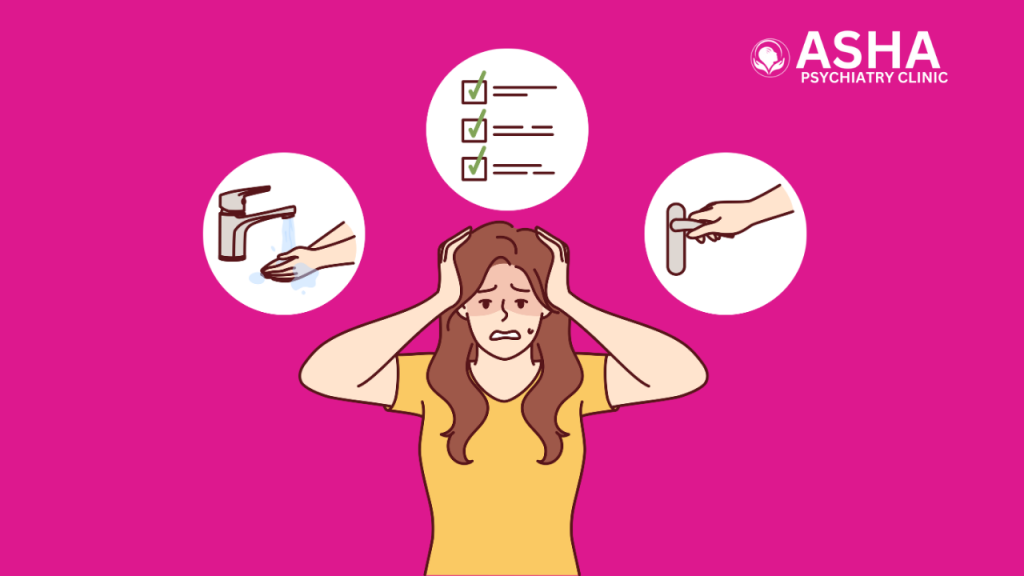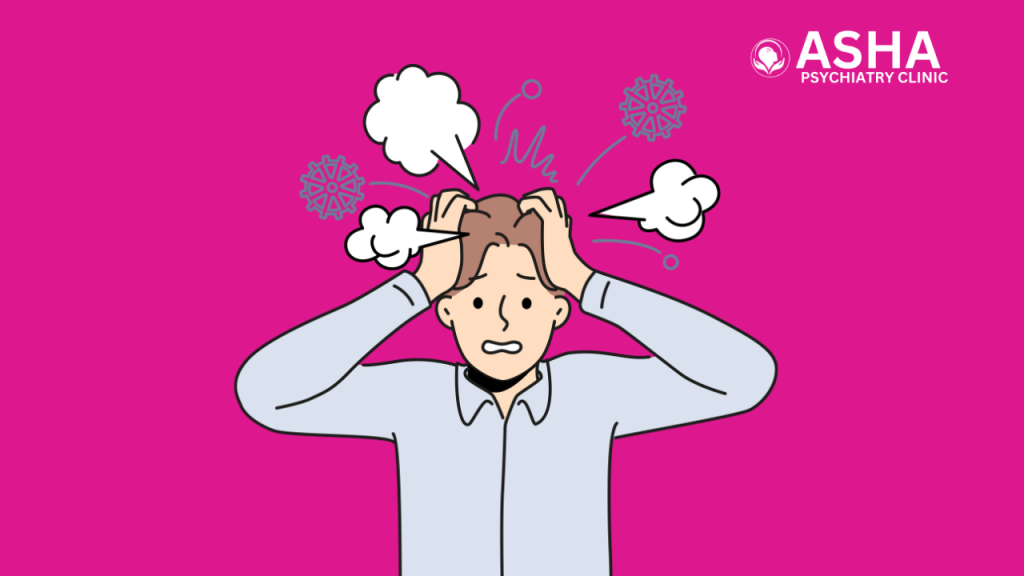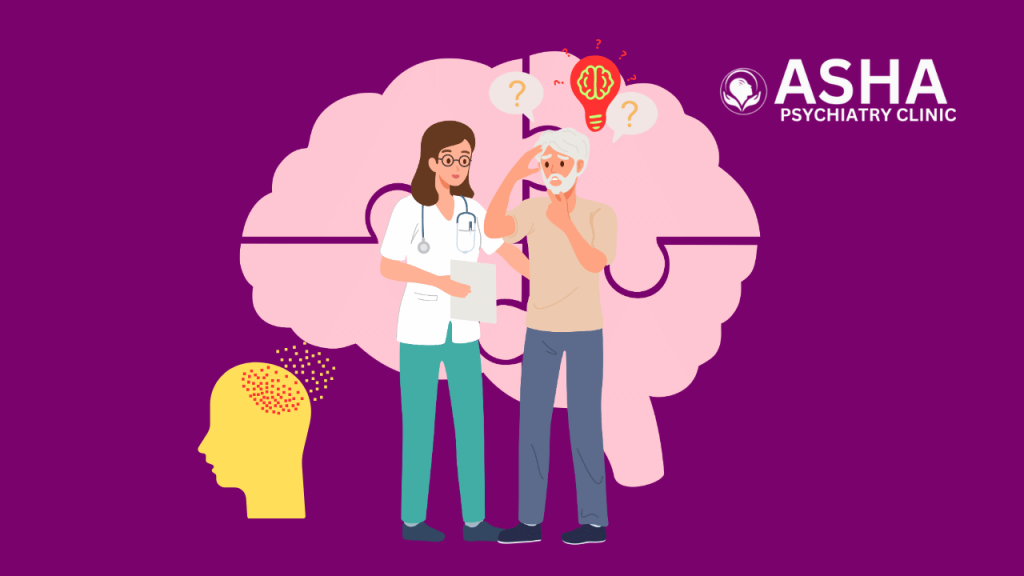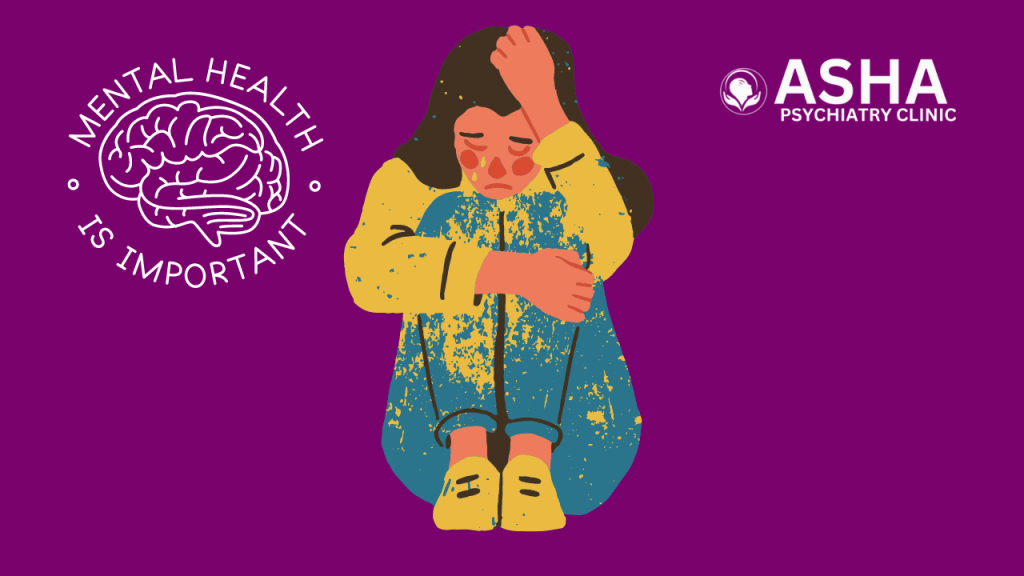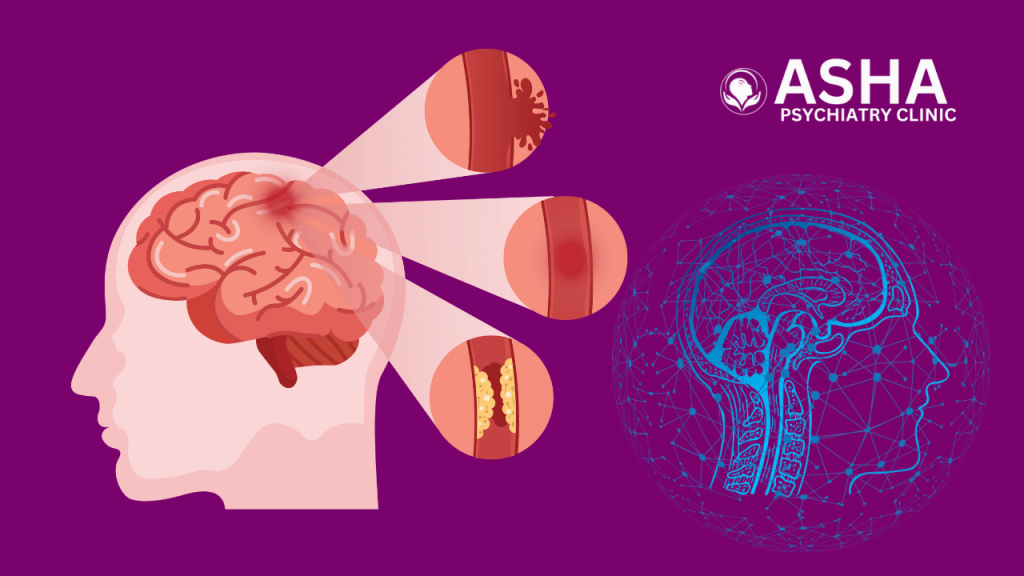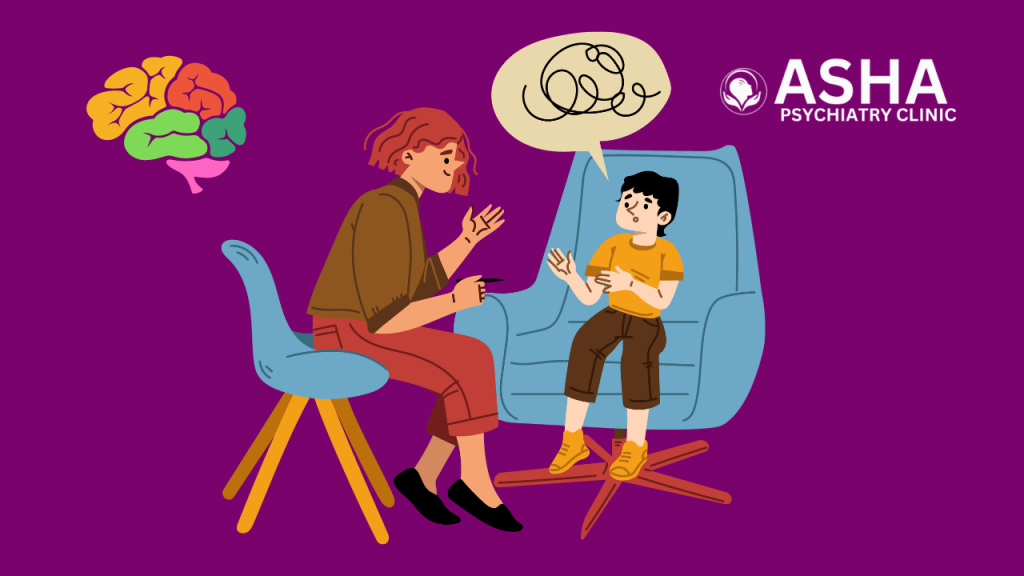Psychiatry medicine, or psychopharmacology, is crucial in treating various mental health disorders such as depression, anxiety, bipolar disorder, and schizophrenia. The safe and effective use of these medications requires careful planning, monitoring, and collaboration between patients and healthcare providers.
Advised to follow all guidelines and instructions issued by your treatment doctor and suggested discussing everything about the medicine along with usage, dosage, etc.
What is the Difference between General medicine and Psychiatry medicine
General medicine focuses on diagnosing and treating physical health conditions such as infections, heart disease, and diabetes. Treatments typically involve medications that target the body’s systems to address specific symptoms, like pain relief, reducing inflammation, or controlling blood pressure.
Psychiatry medicine, on the other hand, specializes in mental health conditions like depression, anxiety, bipolar disorder, and schizophrenia. These medications primarily work by influencing brain chemistry, particularly neurotransmitters like serotonin and dopamine, to stabilize mood and behaviour. Psychiatric treatments often require a longer and regular intake to take effect and are usually accompanied by therapy or counselling for holistic care.
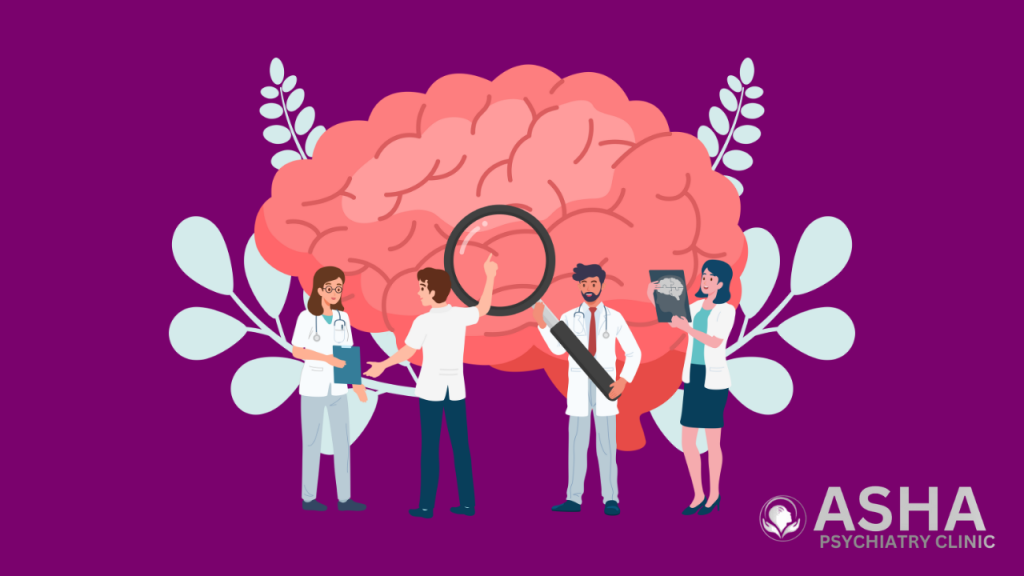
How to Use Psychiatric Medications Suggested by Dr.Srikanth Bandari
Asha Psychiatry Clinic has given some basic and important guidelines with important steps and considerations for the use of psychiatric medications.
Below are the listed Top 10 key Guidelines on the Usage of Psychiatric Medications suggested by the Hyderabad Top Rated Psychiatrist Dr. Srikanth Bandari.
1. Consultation with a Psychiatrist or Doctor
- Always begin with a consultation with a licensed psychiatrist or healthcare provider.
- Discuss all symptoms, medical history, and any current medications being taken.
- Expect a personalized treatment plan based on diagnosis, symptom severity, and individual needs.
2. Types of Psychiatric Medications
- Antidepressants: Used for depression, anxiety, and some other mood disorders. Examples include SSRIs, SNRIs, and tricyclic antidepressants.
- Antipsychotics: For schizophrenia, bipolar disorder, and severe depression. Divided into typical and atypical antipsychotics.
- Mood Stabilizers: Primarily for bipolar disorder to regulate mood swings. Lithium is a common example.
- Anxiolytics and Benzodiazepines: Mainly used for anxiety disorders and panic attacks. Often prescribed for short-term use.
- Stimulants: Used in attention-deficit hyperactivity disorder (ADHD) to increase concentration and reduce impulsivity.
3. Understanding the Prescription
- Dosage: Understand the prescribed dose and how frequently to take it.
- Timing: Some medications need to be taken at specific times (morning or night) for maximum effectiveness.
- Food and Drug Interactions: Be aware of any dietary restrictions or potential interactions with other medications or substances (like alcohol).
4. Adherence to Medication
- Take medication exactly as prescribed; do not change doses or discontinue without consulting your doctor.
- Skipping doses or stopping suddenly can lead to withdrawal symptoms or a relapse of the condition.
- Set reminders to help maintain regularity in medication use.
5. Monitoring and Adjustments
- Regular follow-up appointments are essential to monitor effectiveness and side effects.
- The psychiatrist may adjust the dose or switch medications based on how well the patient responds.
- Blood tests or other monitoring may be required for certain medications (e.g., lithium).
6. Managing Side Effects
- Many psychiatric medications have side effects, which can include weight gain, drowsiness, dry mouth, or sexual dysfunction, skin rash.
- Report any side effects to your healthcare provider immediately.
- Some side effects diminish over time, while others may require a change in medication.
7. Patience and Realistic Expectations
- Psychiatric medications often take time to show full effects (sometimes 4-6 weeks).
- Do not expect instant results; gradual improvement is common.
8. Lifestyle and Psychotherapy
- Medication is often most effective when combined with psychotherapy or counselling.
- Maintain a healthy lifestyle with a balanced diet, regular physical activity, and sufficient sleep.
9. Avoid Self-Medication
- Never adjust medication on your own, or self-medicate with over-the-counter drugs, herbal supplements, or recreational substances.
- Always consult a professional before combining psychiatric medications with any other treatments.
10. Long-term Considerations
- Some psychiatric conditions may require long-term or lifelong medication.
- Work with your healthcare provider to periodically assess whether medication can be reduced or discontinued based on your mental health status.
Conclusion
The use of psychiatry medicine is a critical aspect of managing mental health disorders. Adhering to prescribed dosages, monitoring for side effects, and maintaining open communication with your healthcare provider can enhance the effectiveness of treatment. Combining medication with lifestyle changes and psychotherapy often leads to the best outcomes in managing mental health conditions.
If you have any queries feel free to contact Asha Psychiatry Clinic, Lingampally quickly.

